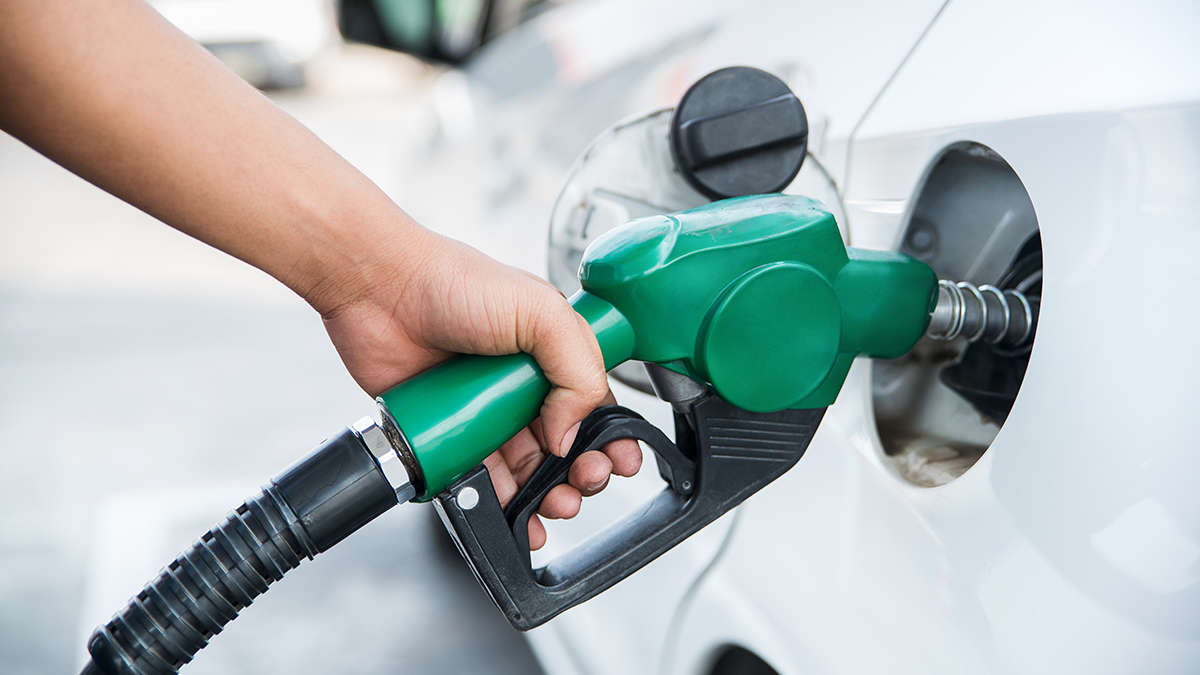Bad news about petrol and diesel prices in South Africa

Sustained relief from high petrol and diesel prices will only come after South Africa’s general election at the end of May.
This is because oil production will remain flat throughout 2024, and the rand will remain weak until after the general election on 29 May.
It is feedback from FNB investment analyst Jalpa Bhoolia and senior economist Koketso Mano, who said South Africans will have to wait for any substantial reductions in the petrol price.
Their feedback follows the announcement of big petrol and diesel price increases for March by the Department of Mineral Resources and Energy –
Petrol 93 – Increase of R1.21 a litre
Petrol 95 – Increase of R1.21 a litre
Diesel 0.05% – Increase of R1.06 a litre
Diesel 0.005% – Increase of R1.19 a litre
The price of 93 octane petrol for inland motorists will increase to R24.13 per litre. 95 octane petrol will increase to R24.45 per litre.
The price of 93 octane petrol for coastal motorists is R23.41 per litre. 95 octane petrol will increase to R23.73 per litre.
Bhoolia and Mano said South Africans will be living with elevated fuel prices for the foreseeable future.
They said that oil producers will continue limiting their output in a bid to keep prices high while global demand falters.
As the northern hemisphere comes out of winter, demand for oil from Europe and the US is expected to pick up, keeping prices high throughout the middle of the year.
Furthermore, the risk of further escalated tensions in the Middle East would result in even higher oil prices and logistical costs.
This is while the rand continues to experience near-term pressure from hawkish rhetoric by advanced market central banks such as the Federal Reserve.
All of this, combined, results in higher fuel prices, Bhoolia and Mano said.
Because of the higher fuel prices, South Africans will experience higher public transport costs and increased prices on products transported by road.
One positive is that the rand is currently severely undervalued, and post-election valuation gains should support lower fuel prices and, thus, lower inflation and interest rates.
Therefore, the first half of the year will remain challenging, but Bhoolia and Mano said there will be some reprieve in the second half.

